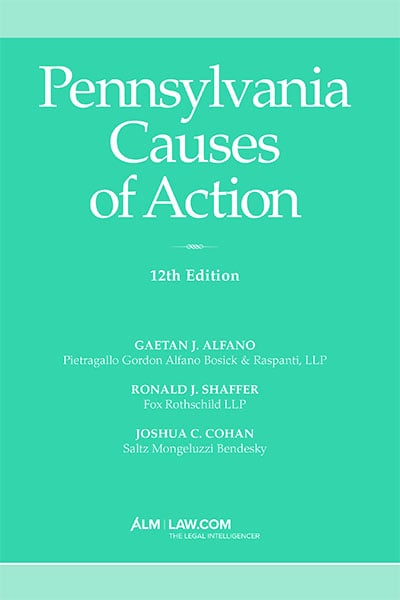0 results for '*'

Obtaining Disclosure of ESI From Non-Parties
Attorney Thomas F. Gleason examines a case in New York to determine just how far a non-party must go to comply with a subpoena for the disclosure of electronically stored information.

Professor Who Ingested Wood Is Permitted to Sue Caterer
A professor emeritus at Cornell University has established "ample proof" that there are triable issues against Cipriani USA, the host and caterer of a fundraiser at which she contends she ate a 1 1/2-inch long shard of wood in the hors d'oeuvres, under the doctrine of res ipsa loquitur, the Third Department agreed.Siding with JetDirect's lawyers at Morris Nichols, Quinn Emanuel, and Willkie Farr, the Delaware Supreme Court ruled that creditors don't have standing under Delaware law to bring derivative claims on behalf of limited liability companies.

Bankrupt Tenant May Have to Pay Rent for Month in Which Lease Was Rejected
A recent case by the 7th U.S. Circuit Court of Appeals has established that a bankrupt tenant may have to pay the remainder of a full month's rent, even though it covered a period of time beyond the tenant's rejection of the lease. HA-LO Industries, Inc. v. CenterPoint Properties Trust, No. 02-4331 (7th Cir. 9/3/03). In that case, the tenant was renting an office building for $660,000 a month, due on the first day of each month.View more book results for the query "*"



Appellate Court Consideration of Unpreserved Error and Matters Not in the Record
Norman A. Olch, a New York City practitioner, writes: It is axiomatic in civil and criminal cases that legal issues, facts, and objections not raised in the trial court will not be considered by an appellate court. Faced with the strict rule of preservation, can appellant's counsel legitimately raise on appeal matters not preserved or raised in the lower court? In at least nine situations, the answer is yes.
Movie-Filtering Scores One Point, but Hurdles Remain
The House Judiciary Committee last month approved the "Family Movie Act," a bill that would immunize some manufacturers and retailers of movie-filtering technology from trademark and copyright worries. The bill was prompted by Huntsman v. Soderbergh, a lawsuit pending in U.S. district court in Colorado since 2002 that raises novel questions of trademark and copyright law. At issue are two types of filtering, referred to by lawyers in the case as "technology" and "cut-and-paste."
Greenberg Traurig Drawn Into Sisters� Estate Case in N.Y.
Greenberg Traurig has become enmeshed in a bitter family feud in New York between two sisters, one of whom is married to a senior partner at the law firm.
Broad View of Broadband Sought at High Court
Nothing less than "the future of the Internet," say some experts, is the backdrop for arguments this week in the U.S. Supreme Court. The high court will consider whether cable broadband service is a "telecommunication service" or an "information service" as classified by the Federal Communications Commission -- a crucial distinction because it determines what kind of regulations will apply, and therefore, what kind of access cable modem operators will have to give Internet service providers.Trending Stories
- 1Senators Grill Visa, Mastercard Execs on Alleged Anti-Competitive Practices, Fees
- 2Deal Watch: Gibson Dunn, V&E, Kirkland Lead Big Energy Deals in Another Strong Week in Transactions
- 3Advisory Opinion Offers 'Road Map' for Judges Defending Against Campaign Attacks
- 4Commencement of Child Victims Act at Heart of Federal Question Posed to NY's Top Court
- 5Bolstering Southern California Presence, Sidley Austin Settles Into Revitalized Downtown LA Office
Featured Firms
Law Offices of Gary Martin Hays & Associates, P.C.
(470) 294-1674
Law Offices of Mark E. Salomone
(857) 444-6468
Smith & Hassler
(713) 739-1250
More from ALM
Resources

Lex Machina Contracts: Commercial Litigation Report 2024
Brought to you by LexisNexis®
Download Now

White Collar Investigation Practice: Global Expertise in Complex Investigations
Brought to you by HaystackID
Download Now

Criminal Division's Evaluation of Corporate Compliance Programs: September 2024 Updates Review
Brought to you by NAVEX Global
Download Now

Data Management and Analytics: The Key to Success for Legal Operations
Brought to you by DiliTrust
Download Now



